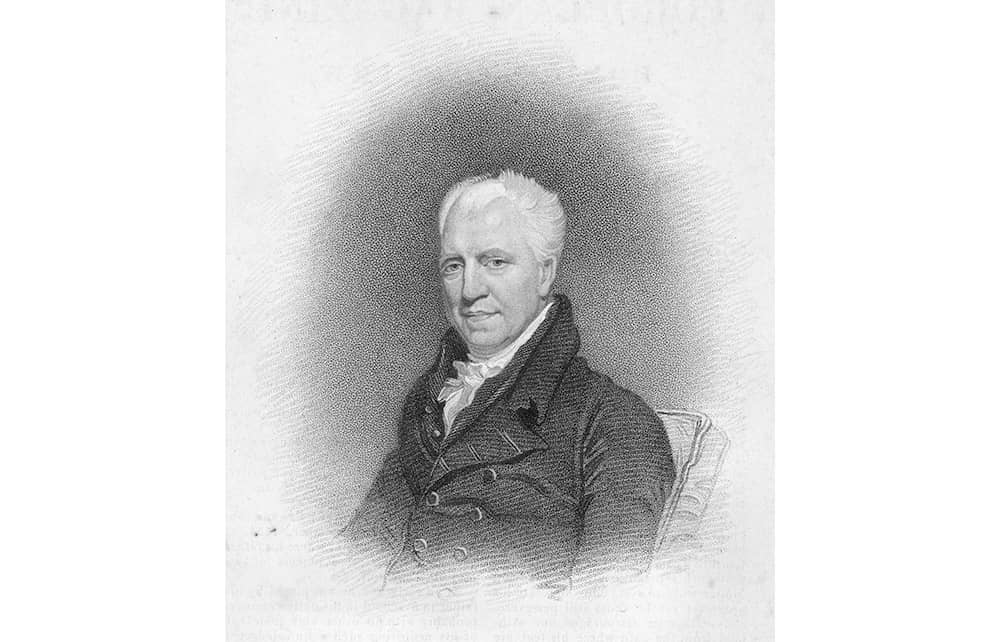‘To talk about Crabbe is to talk about England,’ E.M. Forster declared in a radio broadcast in May 1941, but few people today talk about this Suffolk-born poet or indeed read him. This makes Frances Gibb’s slender but thorough account of George Crabbe’s life and work all the more welcome.
In his time he was considered a leading, though controversial, figure, who wrote with stark realism about the spiritually and morally impoverished lives of East Anglian villagers and townspeople, in particular the inhabitants of the ‘little venal borough’ of Aldeburgh, where he was born in 1754 and spent an unhappy youth. After failing in his first career as an apothecary-surgeon, he entered holy orders, thanks to the patronage of the philosopher-statesman Edmund Burke, who also arranged for the publication of his protégé’s poetry.
Crabbe’s best known volume The Borough was published in 1810 and went through six editions in six years; but by the time he published his final volume in 1819, Tales of the Hall, he was being superseded by the Romantic poets and his dogged adherence to the rhyming couplet was seen as a rather fusty throwback to the Augustans. His popularity never truly revived and he is now chiefly known as the author of ‘Peter Grimes’, the poem from The Borough that Benjamin Britten used in 1945 as the basis for his masterly first opera. Indeed, it was coming across Forster’s talk in The Listener while living in California that gave Britten the idea and led to him returning to England and settling in Aldeburgh.
Crabbe left Suffolk in 1805 before many of his major poems were published, but, as Forster observed, he remained ‘one of those poets who are never able to escape from their own particular corner of England, however far they travel and however much they read’.








Comments
Join the debate for just £1 a month
Be part of the conversation with other Spectator readers by getting your first three months for £3.
UNLOCK ACCESS Just £1 a monthAlready a subscriber? Log in